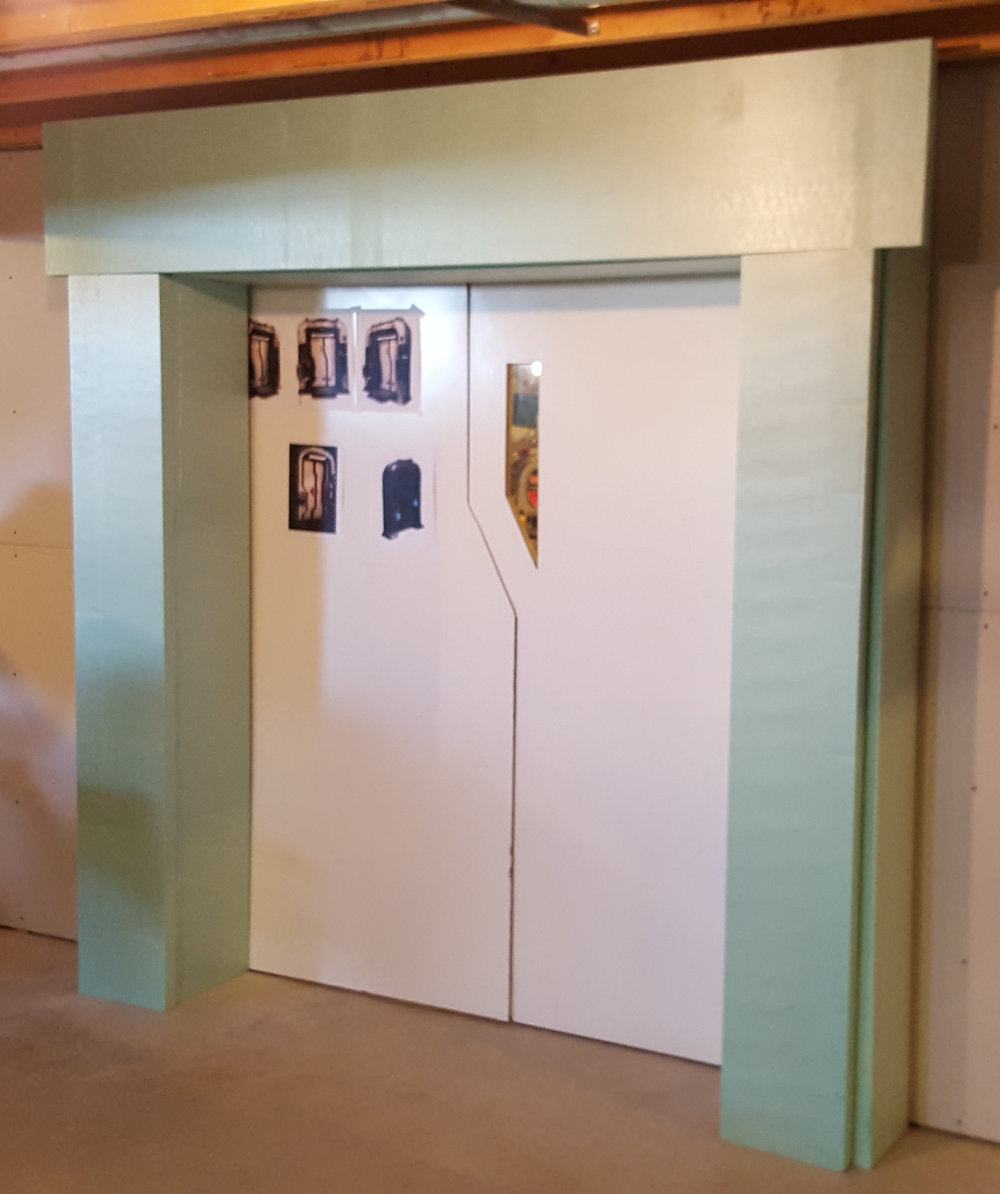I have a general disdain for laziness. Unfortunately, that’s a rather general statement borne of mental…well…laziness. I suppose I could have picked a better word. On the other hand, this article isn’t exactly compulsory.
Remember when you were a kid and would walk all over the house looking for your mom to ask her to get you a cup of water? Maybe it wasn’t water. Maybe you walked through the whole house looking to ask her what a word means instead of opening a dictionary. Whatever it was…when you found her, she responded with some inane statement about not being lazy.
Seriously? Don’t be lazy? You just walked through the whole house (twice sometimes) just to find her. Were you being lazy?
It’s very interesting how we trade off one sort of lazy for another. We call that efficiency…or maybe there is something deeper about our own psyches that we could learn from. (It’s rather remarkable how we seek to avoid different things.)
Well-designed systems tend to reward efficiencies while weeding out true laziness.
Several months ago, I was faced with a situation that would reward laziness. I was working on a project and had many hours of data processing ahead of me. Although I had automated most of my work with sophisticated data-processing scripts, I had to babysit the computer to make sure each script was run.
The irony is that I could have worked really hard for a couple of hours and built another tool that ran the scripts for me. This carried with it two risks. First, it might not have worked. That is, I might have invested a couple of hours and found that the tool simply didn’t work and I would have wasted the time. On the other hand, if I did build the tool, I would have been paid less for doing the job.
That’s right. I was being paid for the hours sitting behind the computer without any regard to my level of efficiency. It was actually in my best interest to not build the tool and to manually feed data to the computer.
We need to build systems that reward bold moves that make things work better. When a team member makes an improvement, we need to find a way to reward them – not just give them more work. And we definitely shouldn’t reward laziness when people take shortcuts.
We must not give into the lazy solutions to these concerns such as artificially limiting time someone has to solve a problem since we can’t always perceive the difficulty of the problems we face. On the other hand, you simple can’t give someone the day off when they save a couple of hours, right? Or can you?
This is truly why we must be mission focused. When we are focused on the goal, the little steps don’t matter as much. The small gains and extra work are simply stepping stones to achieving our goal. When we are all focused on the mission, we aren’t worried about putting in the hours, because if we do it correctly and the mission is important enough, we will have to force people to stop working.






Recent Comments